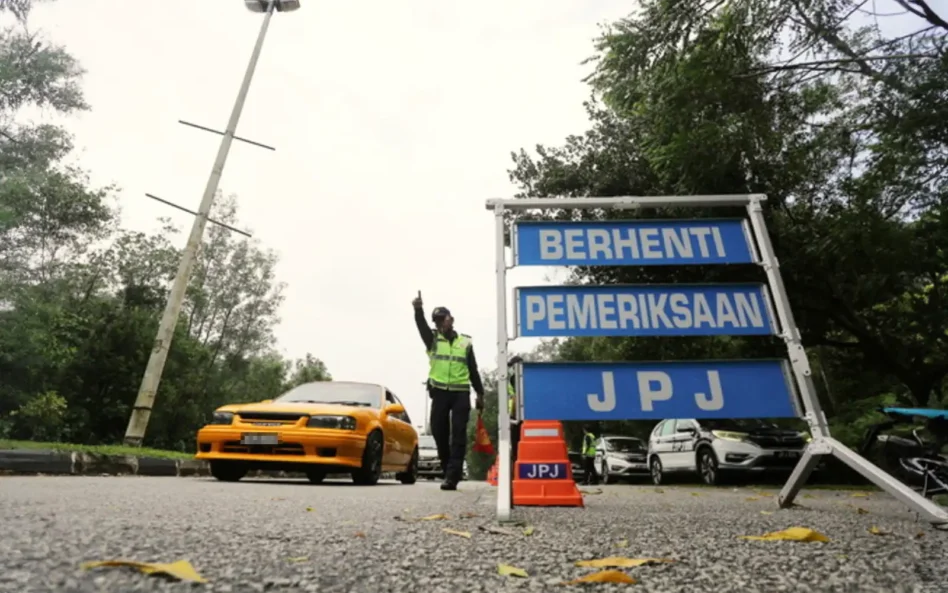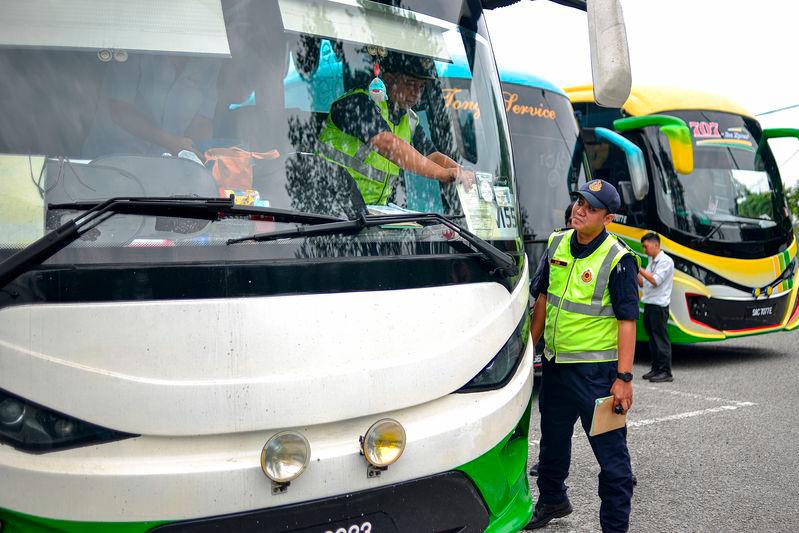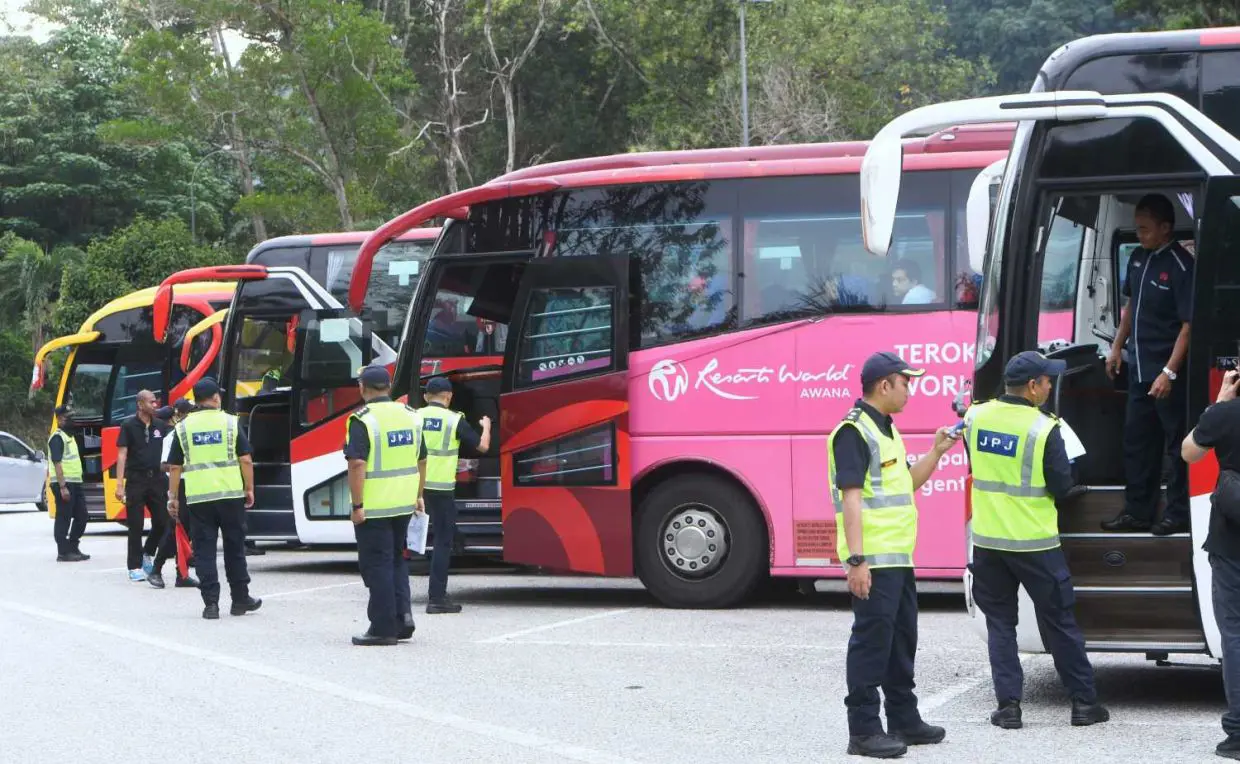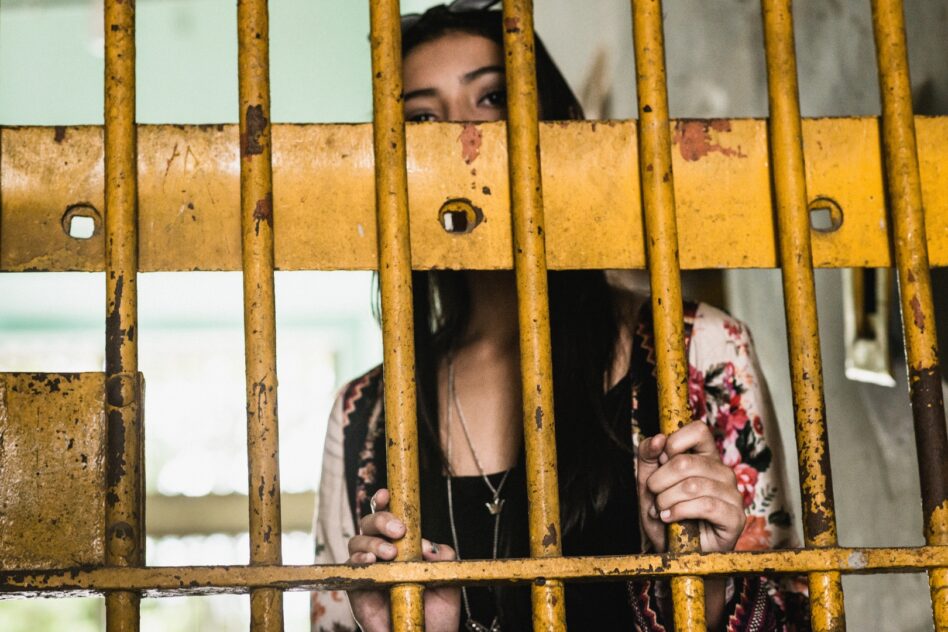ON Dec 20, Deputy Transport Minister Datuk Hasbi Habibollah launched the Road Safety Campaign for the 2024 Christmas season at Kuching Sentral.
He said express bus companies must ensure a second driver is on board for long-distance trips, especially during the festive season.
He directed the Road Transport Department (JPJ) to deploy officers in plain clothes as undercover passengers to monitor bus drivers’ compliance with road rules and ensure vigilance.
He warned, “Drivers must not take this matter lightly. We have ‘spies’ to make sure they don’t use mobile phones while driving or commit other offences. If caught, the bus will be stopped, and strict action will be taken against both the driver and the company”.
True enough, it was reported that JPJ conducted a special operation at three toll plazas in Penang from 10pm on Christmas Eve to 7am on Christmas Day, and 25 express and tour buses were found to be without second drivers scheduled for trips exceeding 300km.

But how effective were these measures? For example, if the road safety campaign is limited to a minister or deputy giving a speech at a bus terminal and having it reported, nothing much is going to change, and such syiok sendiri exercises have been carried out for umpteenth years.
As for ‘second driver’ for long-distance bus trips, it has been a requirement since 2012 when the Land Public Transport Commission (SPAD) Industrial Code of Practice Safety Programme for buses was introduced.
Even earlier in 2010, the Department of Occupational Safety and Health stated in its industrial code of practice for road transport activities that there must be a minimum of 12 hours of rest for the bus driver before starting a long journey.
In 2016, I wrote “Having 2 drivers in express bus may cause more crashes” and explained that instead of one fresh driver working on a single shift after having proper sleep, we may have two drivers spending two shifts in succession in a bus, resulting in both becoming tired and sleepy.
Even if two sleepy drivers are better than one, reminders and warnings have been given repeatedly by the authorities over the past 12 years but are ignored by many bus operators. Enforcement too leaves much to be desired, as they are mostly limited to issuing summonses.
In 2016, I wrote “Unpaid traffic summonses amounting to billions?” Then, it was reported that there were 5.4 million unpaid summonses issued by Kuala Lumpur City Hall since 2007.
If notices and summonses issued by all local authorities are added up together with the police and JPJ, the number would total tens of millions and compound fines in billions of ringgit.
Many bus drivers will continue to drive alone for long journeys if summonses are issued only to bus companies.
Even if both drivers and companies are summoned, they will continue to do so if fines are low and are no deterrent, and they will disregard repeated reminders and warnings.
Enforcement too requires a paradigm shift as our roads will not be safer if JPJ prefers to wait for offences to happen first and then catch offenders committing the acts, such as deploying officers in plain clothes as undercover passengers to monitor bus drivers, as done for many years.

I find such actions deplorable and done in bad faith. JPJ must make better use of technology instead of deploying enforcement officers to monitor one express bus at a time, which is utterly inefficient.
As long as the authorities continue to dish out more of the same, nothing much will change. Fatal accidents will continue to recur year after year and responses will again be pathetic, with the authorities choosing to act out of expediency, lacking the political will to make radical changes.
Hasbi stated that if caught, the bus would be stopped, and strict action would be taken against both the driver and the company. But will passengers be left stranded midway? The recent operation in Penang was conducted at three toll plazas along the North-South Expressway.
To prevent anything untoward from happening, it would be better to conduct checks at bus terminals for the presence of a second driver, and regular urine tests to deter drivers from using illicit drugs. Having in-cabin cameras installed can easily monitor and record driving behaviours. – Dec 27, 2024
YS Chan is master trainer for Mesra Malaysia and Travel and Tours Enhancement Course and an Asean Tourism Master Trainer. He is also a tourism and transport business consultant.
The views expressed are solely of the author and do not necessarily reflect those of Focus Malaysia.
Main image: The Star









